An Ambitious Climate Action Plan Makes Progress in Maine
Maine has finalized its Climate Action Plan. Now, the work to implement the goals outlined in the plan and get Maine on track to slash emissions before 2030, begins.
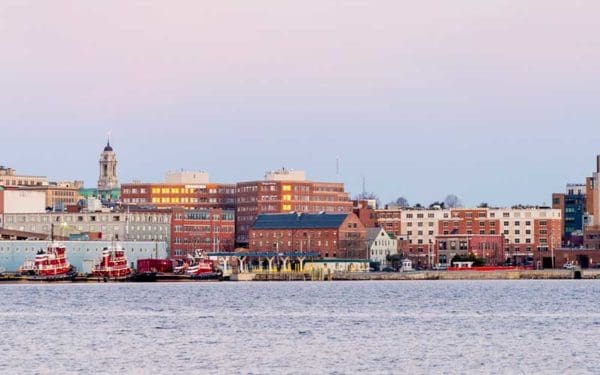
Maine has finalized its Climate Action Plan. Now, the work to implement the goals outlined in the plan and get Maine on track to slash emissions before 2030, begins.

“The court saw right through the Trump Administration’s naked attempt to throw a lifeline to dirty outmoded coal plants,” said CLF President Bradley Campbell. “Decimating critical emissions standards would have resulted in the deaths of thousands of Americans by the EPA’s own estimates. It’s fitting that an administration solely focused on destructive environmental rollbacks has been handed a resounding defeat on its last day in office.”

Massachusetts legislators overwhelmingly passed critical climate and justice legislation. But Governor Baker vetoed the bill – choosing not only to ignore sound science, but also to let decades of racist policy targeting low-income, Black, and Brown communities go unchallenged.
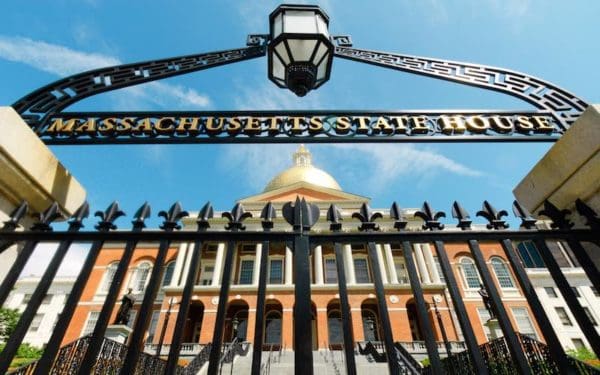
“On Earth Day, we cheered as Governor Baker declared net-zero emissions by 2050 an enforceable order under the state’s landmark climate law,” said CLF President Bradley Campbell. “With the stroke of his veto pen, the Governor has mocked this commitment he trumpeted just nine months ago. This irresponsible veto – admittedly at the behest of special interest lobbyists – deprives the Commonwealth’s families and businesses of the tools they need to cut emissions in a just and economically beneficial way. The Governor has drastically set us back in reaching our climate goals.”
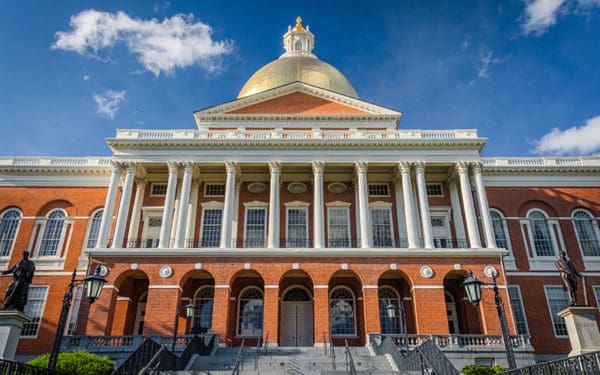
“This legislation is a momentous step forward in confronting the climate crisis and protecting environmental justice communities,” said Caitlin Peale Sloan, Interim Director of CLF Massachusetts. “Only with the concrete plan and critical justice language in this legislation can the Commonwealth grow its economy, fight climate change, and begin to address stark environmental and public health inequities. The long-term health and safety of everyone in Massachusetts depend on Governor Baker signing this bill into law.”

“If signed by the governor, this bill would restore Massachusetts’s national leadership in addressing climate change, and the disproportionate impact of pollution on Black, brown, and other environmental justice communities in the state,” said Caitlin Peale Sloan, acting director of the Conservation Law Foundation in Massachusetts
“Massachusetts needs to commit to significant changes if we’re going to reach the 2050 emissions limits required by law,” said Caitlin Peale Sloan, Interim Director of CLF Massachusetts. “The people who will be affected most by the climate crisis, including Black and Brown communities and low-income households, must be part of the process, and it’s a great step forward that officials plan to do just that. We will be holding our leaders accountable for sticking to the goals laid out in this plan because it’s time to get to work.”

“Continuing to rely on gas will spell disaster for our climate goals,” said Caitlin Peale Sloan, Interim Director of CLF Massachusetts. “Gas is not a safe or clean alternative to oil, and we must phase out its use to heat our homes. There are better options out there and it’s time Massachusetts gets serious about new policies that will get us off gas once and for all.”
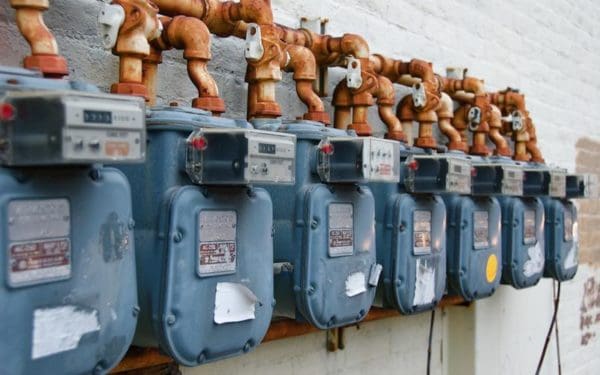
In our new report, we lay out how Massachusetts can move away from dirty gas for home heating and towards a clean future. We also offer a framework for other New England states to start kicking gas to the curb.
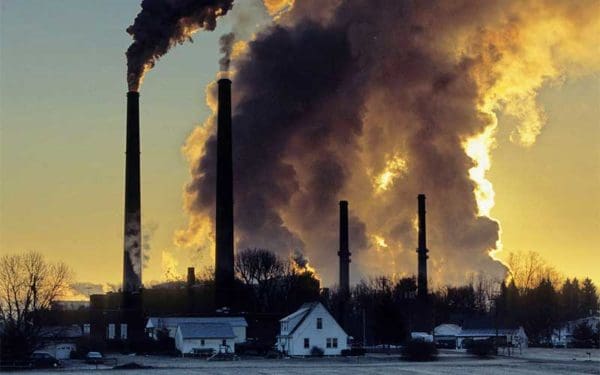
Nearly half of all homes in Massachusetts rely on gas for heating, which contributes significantly to the state’s greenhouse gas emissions. Ending this reliance on a climate-damaging fossil fuel could take decades. That’s why the work must start now, especially if the Commonwealth is going to meet its 2050 targets for cutting its overall carbon emissions.
